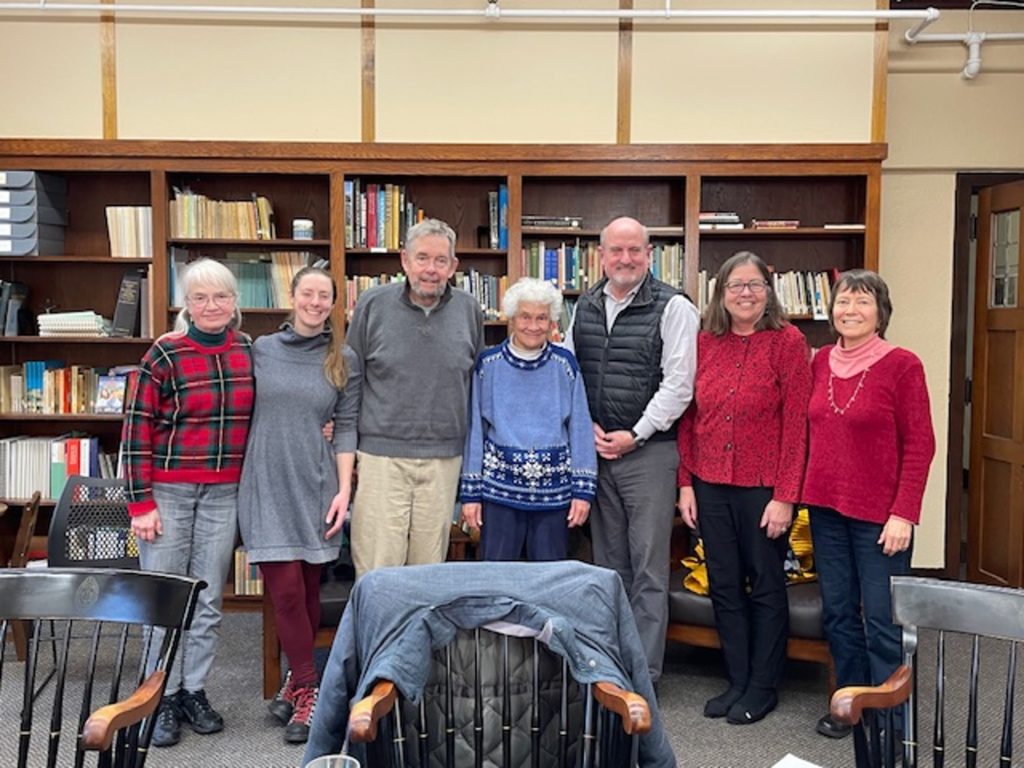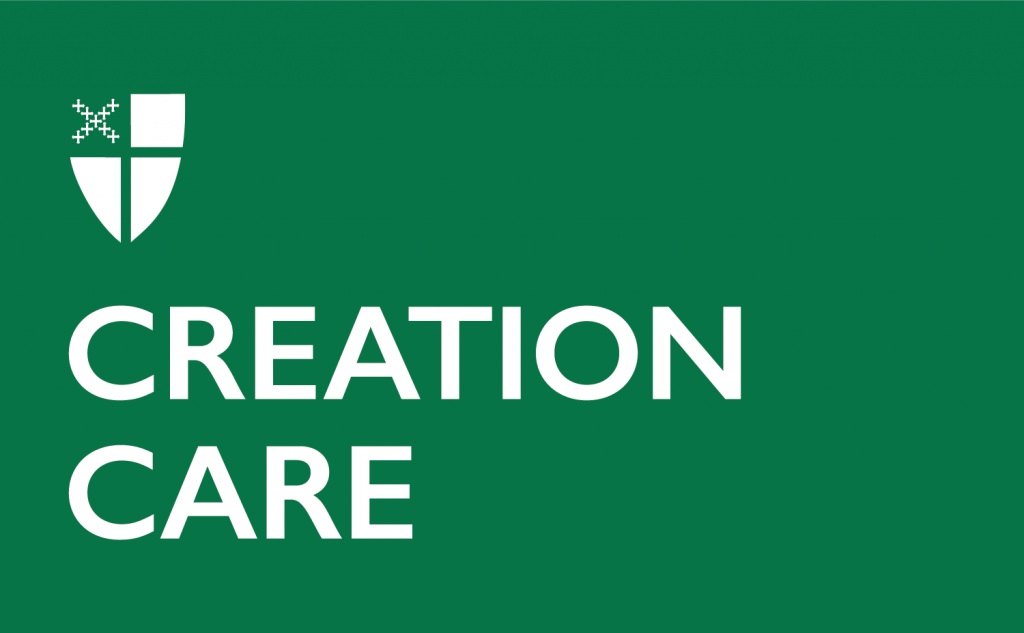Grant Highlight: Announcing Parishes for ‘An Episcopal Path to Creation Justice’ Pilot Program
By the Rev. Rachel Field
After months of exploratory conversations, refining of the internal process, and a robust training program for companions, we are delighted to share the final list of 12 parishes who will participate in the pilot for “An Episcopal Path to Creation Justice.” These parishes represent a real breadth of size, resource, and location. We have a range of communities from large program-sized parishes to small parishes. Some have clergy leadership, some are in transition, and some do not currently have clergy present. Each community has a different need, and one of the strengths of the program is that it is flexible enough to adapt to the needs and strengths of each community. The majority of these parishes are in the Episcopal dioceses of Massachusetts and Western Massachusetts, but there are also parishes from Maine and Connecticut.

Companions and parishes began moving through the emerging curriculum in October at a pace that meets the needs of the parishes. In the initial meetings with companions, parishes are completing an inventory of all the creation care ministries in which they are engaged. After that is completed, parishes are coached through a process to develop a vision and goals for next steps in creation justice and creation care ministry.
As part of this program we have a trained group of companions walking with each parish as they review their creation care ministries and set their goals for the next three years. The six companions trained to walk with parishes during the pilot program met in Worcester in early December to compare notes and talk about any trends that are emerging between parishes. We learned that many parishes have engaged in work around LED lightbulbs, and other practices to “green” their church buildings. Some parishes have engaged in light advocacy around environmental issues by connecting with their wider community. And a few parishes regularly engage in outdoor worship or have worked with “creation care” prayers and liturgies. So far, it seems that learning and advocacy are the two pillars that parishes have engaged with the least.
We are delighted to be working with an incredible array of parishes, and it’s hard to believe that we’re almost halfway through the pilot. In February, keep an eye open for registration information for our Earth Day celebration, which will take place on Saturday, April 20, from 9 a.m. to 3 p.m. at St. Mark’s in Southborough, Massachusetts. In the meantime, if your parish is curious about Christian formation resources around creation care or advocacy, please take a look at our website. There are resources available for parishes to review: episcopalcreationpath.org.
The Pilot Parishes for An Episcopal Path to Creation Justice, 2023-2024
| All Saints | South Hadley | Western MA |
| St Peter-San Pedro | Salem | MA |
| Trinity | Boston | MA |
| St Mark’s | Burlington | MA |
| St Andrew’s | Marblehead | MA |
| Church of the Holy Spirit | Orleans | MA |
| St John’s | Northampton | Western MA |
| St Mark’s | East Longmeadow | Western MA |
| St Marks | Westford | MA |
| St Anne’s | Old Lyme | CT |
| St Mark’s | Southborough | MA |
| St David’s | Kennebunk | ME |
The Rev. Rachel Field comes to creation care work having spent most of her life in the tidal flats of the Eastern Shore of Maryland, where the blue crabs and herons captivated her attention. That awe and fascination with the world led her to deeper questions about God and eventually encouraged her to shape a life close to the land in Vermont. She has worked with Mission Farm in Vermont, the Church of the Woods in New Hampshire, the Retreat House at Hillsboro, and as a region missionary for the Episcopal Church in Connecticut. Her work focuses on building emerging ministries and networks. She is an experiment manager for TryTank and the owner/co-director of Heartberry Hollow Farm & Forest, which is a regenerative farm and retreat center in central Vermont.

